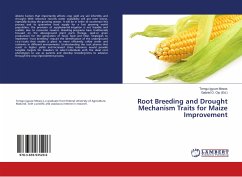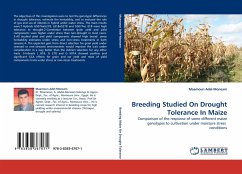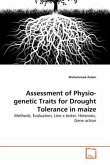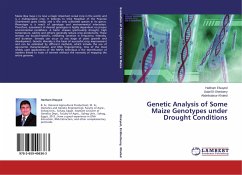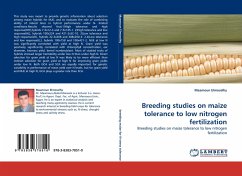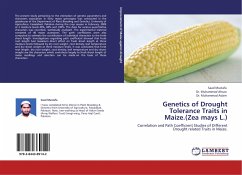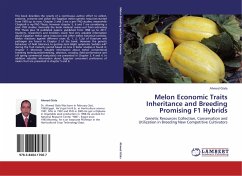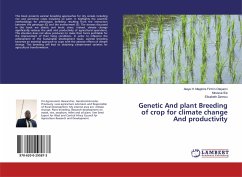Abiotic factors that importantly affects crop yield are soil infertility and drought. With reticence records water availability will get even worse, especially during the growing season. It will be in order to counteract this process and to guarantee food supply for a fast growing world population, the provision of supplemental irrigation is not feasible and realistic due to economic reasons. Breeding programs have traditionally focused on the aboveground plant parts (forage, seed or grain production) for the generation of food, feed and fiber. Strategies to implement "root breeding" require the identification of the underground root traits that enable a plant to more efficiently utilize water and nutrients in different environments. Understanding the root phenes that result in higher yields and increased stress tolerance would provide tangible targets for breeders to select individuals with the ideal root phenotypes to use as parents and develop breeding lines to advance throughthe crop improvement process.
Bitte wählen Sie Ihr Anliegen aus.
Rechnungen
Retourenschein anfordern
Bestellstatus
Storno

